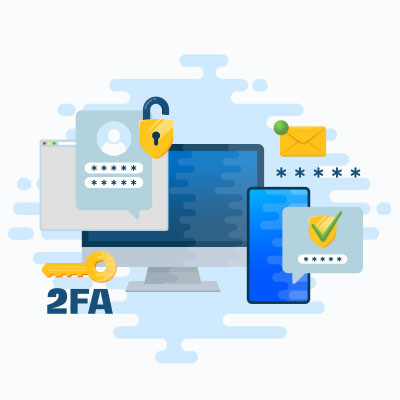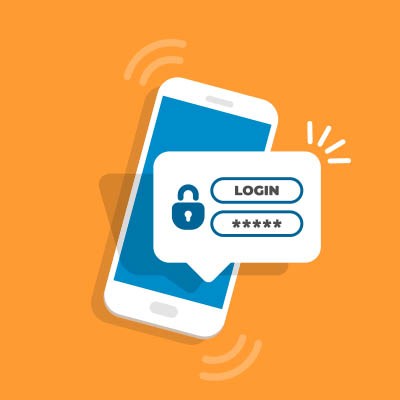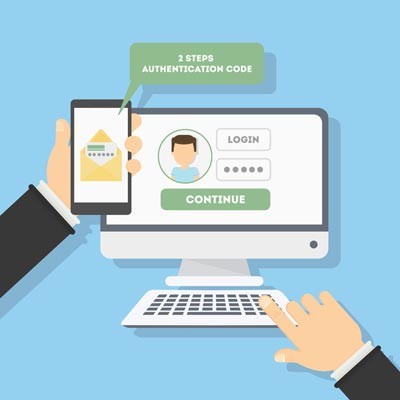Data security is one of those things that you have to stay out in front of. Hackers and scammers are changing tactics and getting a little more sophisticated as time goes on and it creates a pretty difficult situation for most IT administrators. Utilizing multi-factor authentication (MFA), two-factor authentication, or whatever it is called by the application you are using has become a great way to add an extra layer of security to organizational data protection efforts. Today, we will discuss the benefits of this strategy and why it isn’t a be-all, end-all to your overall security.
PCSOFT Blog
It can be easy to slack off when it comes to good password practices. Many users still use the same password across multiple sites and often don’t use secure passwords. Password managers make this a lot easier, but it’s really two-factor authentication (2FA) that can make all the difference. Strong, unique passwords are still important (not all accounts offer two-factor authentication) but let’s talk about why you should always enable two-factor or multifactor on all of your accounts when possible.
The password isn’t nearly as secure as it used to be. Hackers have begun to take advantage of extremely powerful solutions designed to brute force their way into accounts by using software to rapidly guess thousands of passwords per second, making it extraordinarily difficult to prepare yourself for them. What’s the best way to guarantee that passwords aren’t going to be the downfall of your company? A great start is by taking a close look at password best practices and two-factor authentication.




